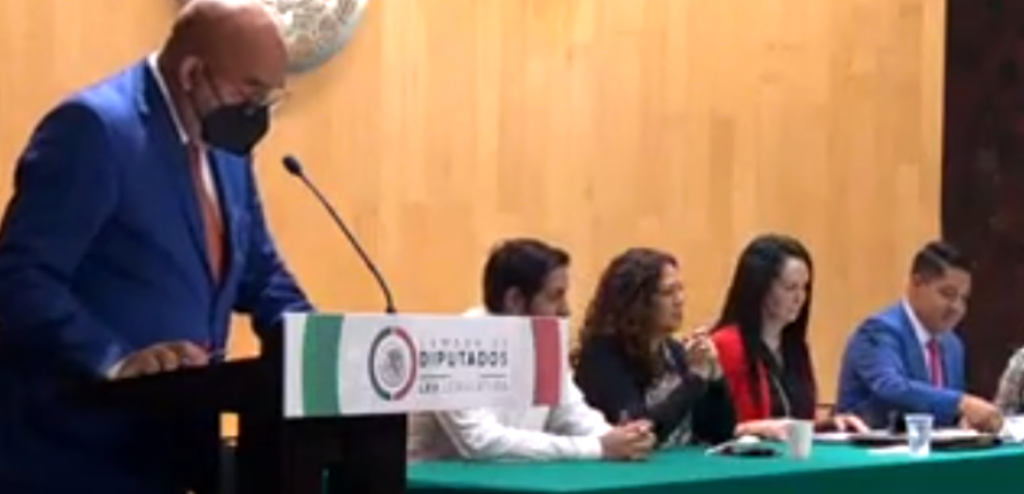No less than an entire week, all dedicated to euthanasia.
In Mexico, from June 20 to 24 (Monday-Friday), the Chamber of Deputies hosted the National Week of Euthanasia, a series of conferences and discussions among legislators, academics and experts in various capacities, aimed explicitly at paving the way for legislation to regulate “assisted suicide” for the terminally ill.
“Organized by Emmanuel Reyes Carmona, an MP of the Morena party [National Regeneration Movement], and head of the Health Commission”, reports the Mexico News Daily, “the week-long conference is an opportunity for its supporters to plead the case for laws on end-of-life issues and to introduce the option of ‘assisted suicide’ and euthanasia nationwide.”
Currently, neither “assisted suicide” nor euthanasia is legal in the country, but since 2008 some states in the Mexican Union, with the capital Mexico City in the lead, closely followed by the states of Aguascalientes and Michoacán, have allowed terminally ill patients to refuse medication and any other life-prolonging medical treatment, with what is called “passive euthanasia.” If the patient is unconscious, this right is extended to family members.
Similar to abortion and same-sex “marriage,” states handle these issues differently and independently, and it is not prohibited for citizens to move from one part of the Union to another to have abortions, to “marry,” or to die.
The comparison with abortion appears in Reyes Carmona’s words, “Euthanasia is not legal just like abortion. Abortion in our country is banned [at the federal level] and yet it continues to be practiced [in some states]. I believe that even if euthanasia is not regulated in this country, the practice will continue,” he said, adding that it should be “an option for any terminally ill person who wishes to die with dignity.”
Paulina Rivero Weber, a researcher at the Faculty of Medicine at the National Autonomous University (UNAM), made an economic case for it. Namely, she called the end-of-life legislation “a matter of equity.” Since wealthier Mexican citizens can still access euthanasia by moving elsewhere or “[…] reaching an agreement with a doctor friend to have the procedure performed in a private hospital without hassle,” this would be reason enough to force the conscience of the largely opposed Mexican public and extend the “right” to die to everyone and to the entire country.
